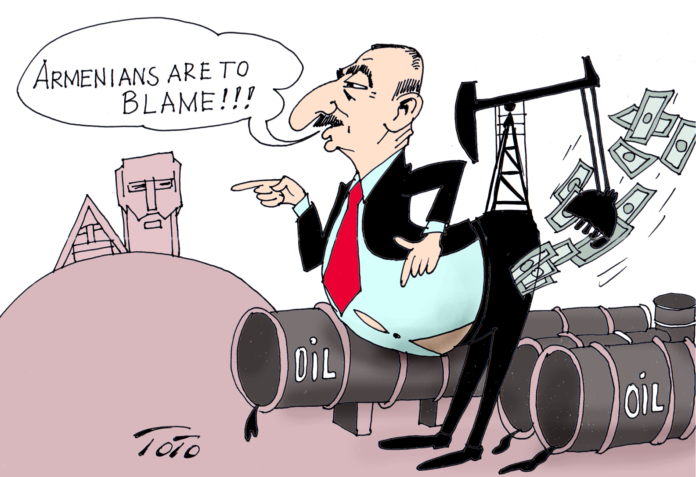Yerevan is one of the ideal touristic destinations in the summer season, both for Europeans and as well as travelers from Moslem countries. No one has yet conducted a statistical analysis on the impact of the visits by Pope Francis and the Kardashian sisters. Nevertheless, both visits have helped many to discover Armenia, tucked away in the faraway Caucasus Mountains.
Yerevan especially is a showcase for tourists; Moslem visitors, mostly from Iran and the Gulf Emirates, find welcome relief from social restrictions while European visitors are always surprised to find a modern country in many measures rivaling their societies, in the backwaters of the collapsed Soviet empire.
Summertime in Yerevan is an idyllic fairyland for its inhabitants and visitors alike, offering social, cultural and culinary delights.
But, unfortunately, the country as a whole is wasting away as it is bleeding on two fronts. There is a population hemorrhage and there is bloodletting on the border with Azerbaijan. Three soldiers were killed recently, sending a shockwave through the population, especially in families with sons of military draft age.
The Azeri leaders have discovered that they will not be able to achieve victory through a frontal attack and thus they have opted for a war of attrition, which Armenia can ill afford.
Developments in the region do not bring any comfort to Armenia. Iran has been one of the safe outlets to the world for Armenia as well as a reliable trading partner, but was recently shaken by two terrorist acts, meant to destabilize that powerful country.










